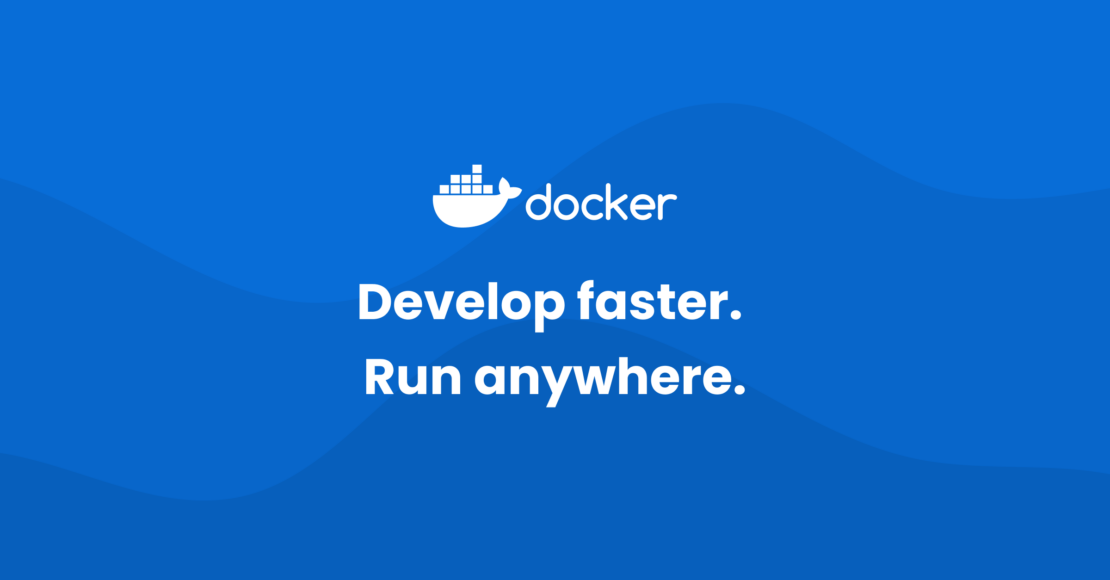Any experiences with Docker?
While looking around for an OS for a home server, I learned about it... And I never heard of it before...
It almost seems like the holy grail of virtualization: applications run in a minimal environment, separated from each other and from the host OS. There are a huge amount of Docker images available and you can apparently make your own.
For sure it seems like it would make the host OS more stable, as all Docker containers are shielded...
Any thoughts?
While looking around for an OS for a home server, I learned about it... And I never heard of it before...
It almost seems like the holy grail of virtualization: applications run in a minimal environment, separated from each other and from the host OS. There are a huge amount of Docker images available and you can apparently make your own.
For sure it seems like it would make the host OS more stable, as all Docker containers are shielded...
Any thoughts?



Comment